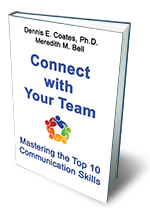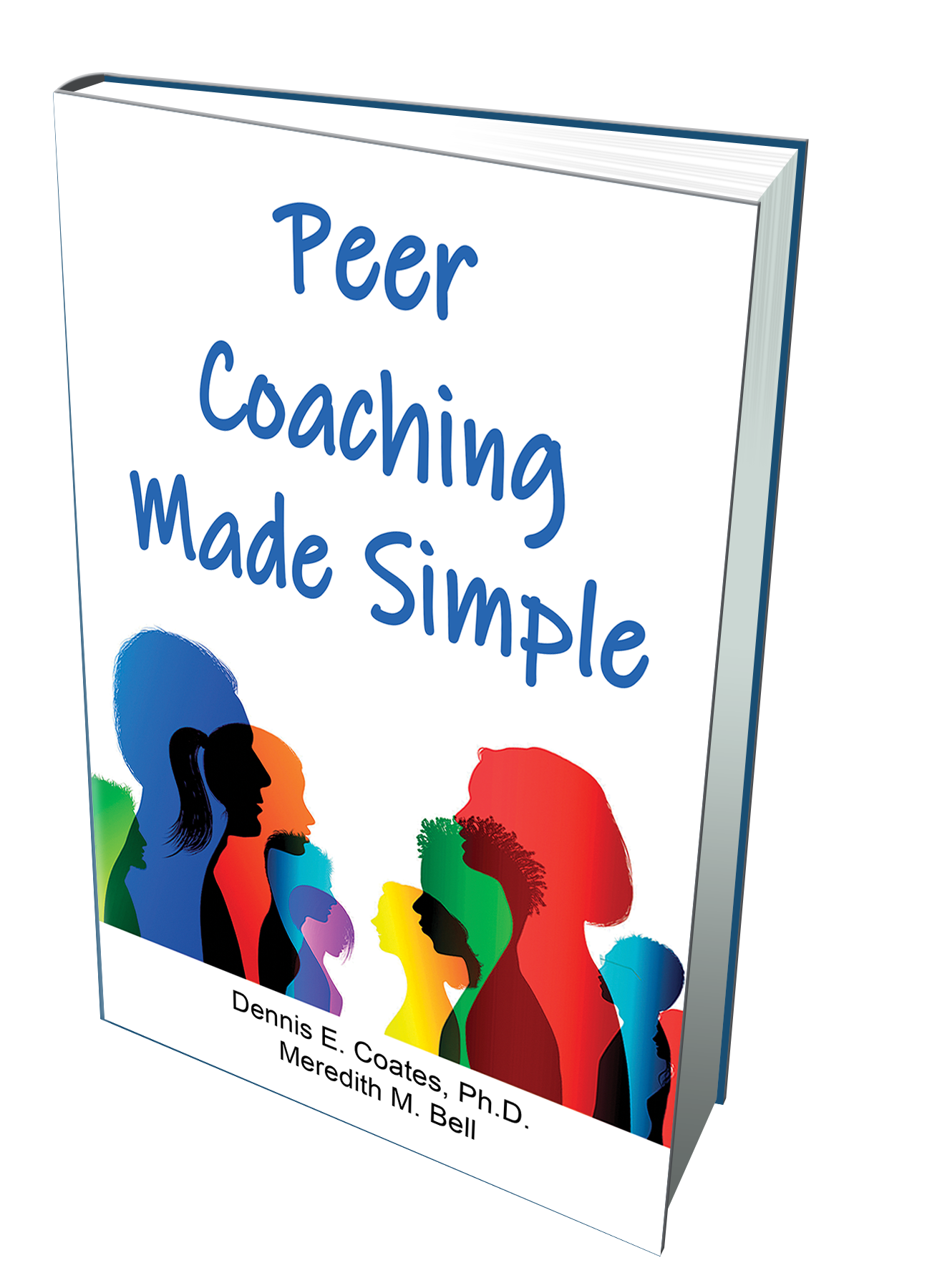
226: Building Trust and Accomplishing the Seemingly Impossible
226: Building Trust and Accomplishing the Seemingly Impossible
Is there something you’d love to have but think it’s impossible for you to achieve? Listen to this inspiring conversation with Kimberly Wiefling, and you’ll likely see ways that you can, in fact, create what you want. Along the way, you’ll discover how the best leaders build trust with their teams through vulnerability.
Kimberly is the founder of Wiefling Consulting, and cofounder of Silicon Valley Alliances. She’s also the author of the globally popular book Scrappy Project Management: The 12 Predictable & Avoidable Pitfalls Every Project Faces. Her latest book, Turning Ideas Into Impact, is an anthology with 15 other Silicon Valley consultants.
Kimberly’s superpower is turning managers into leaders and groups into true teams who can achieve together what seems “impossible” but is merely difficult. She’s been described as a “force of nature,” and she’s determined to use that force to make a significant positive impact on our world.
You’ll discover:
- The key differences between managers and leaders
- What Kimberly did wrong when she managed teams early in her career
- Differences in the cultures of a typical Silicon Valley company compared to one in Japan
- How Kimberly helps leaders and teams believe the impossible is actually possible
- The importance of structuring the work environment to reinforce the culture






